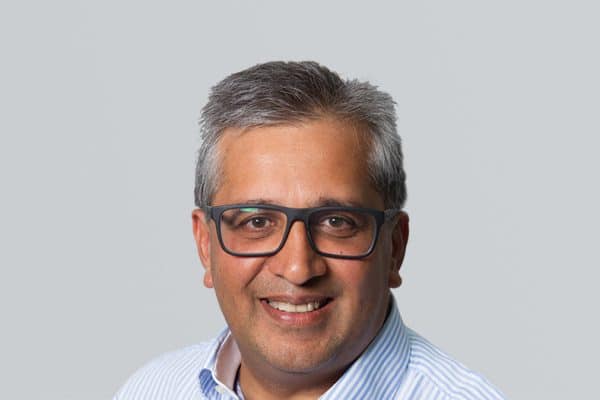Dr Ravi Gupta has worked in the NHS for over 30 years and is Medical Director and Responsible Officer for DMC Healthcare. After training in Dublin at the Royal College of Surgeons, Ravi worked as a junior doctor in 4 hospitals before joining DMC Healthcare as Partner GP in 1992. A strong advocate of innovative models of care, he was one of the first GPs to bring pharmacists and other AHPs into general practice over 10 years ago, models which receive hugely positive feedback from patients and have widened to a diversified portfolio of NHS services.
Ravi knew from an early age that he wanted to follow in his father’s footsteps, with a love of science and interacting with people. With a strong commitment to clinical governance, patient safety and using IT to improve communication and proactivity, Ravi is constantly innovating and feels privileged to be entrusted to serve the patient.

